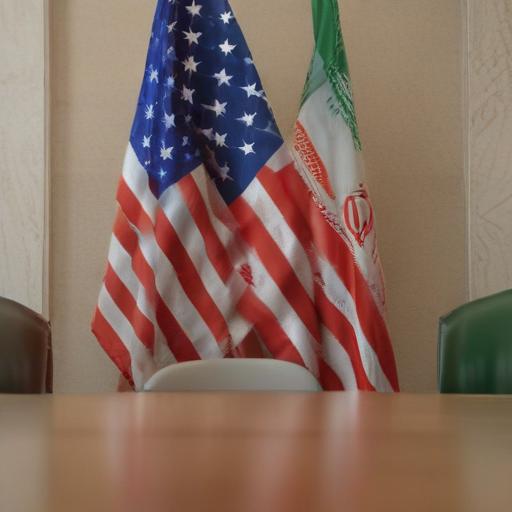Recent tensions within the Republican Party have highlighted a divide on foreign policy, particularly regarding the conflict involving Israel and Iran. Representative Marjorie Taylor Greene has targeted other Republicans for what she regards as misguided support for former President Trump, urging him to refrain from military involvement in the ongoing hostilities. This divide appears to stem from a shift towards isolationist stances in the party, led by Greene and other hard-right conservatives, contrasting with the traditional conservative approach that advocates for U.S. engagement in international affairs.
Prominent Republican figures, including Sen. Lindsey Graham, have voiced their support for military assistance to Israel, arguing that a strong stance against Iran is essential for broader international stability. Graham has publicly called on Trump to utilize the U.S. military to back Israel’s efforts against Iran, stating, “Help Israel finish the job.” This sentiment reflects the views of numerous GOP members who believe in maintaining a robust alliance with Israel, especially in the face of perceived threats from Iran’s nuclear ambitions.
In Georgia, for instance, almost the entire Republican congressional delegation has come out in support of Israel, with Rep. Barry Loudermilk asserting that Iran’s threat extends beyond Israel to the United States. He emphasized that the U.S. must ensure that Iran never gains access to nuclear weaponry.
Despite the resistance from figures like Greene, many Republicans see the importance of supporting Israel, which remains one of America’s strongest allies. Greene has warned that the internal disagreements could fracture Trump’s base of supporters, stating on OAN that, “It’s going to fracture it, and it’s already fracturing it.”
In Congress, two contrasting resolutions regarding the U.S. response to the Israel-Iran conflict have been introduced. One resolution, championed by Democratic Rep. Ro Khanna and Republican Rep. Thomas Massie, seeks to limit U.S. military involvement unless explicitly authorized by Congress. This aligns with Greene’s and Massie’s isolationist perspectives, despite their previous opposition to emergency aid for Israel.
Conversely, Reps. Brad Sherman and Claudia Tenney have introduced a resolution asserting congressional backing for Israel’s strikes against Iran, reinforcing the idea that the U.S.-Israel partnership is unwavering. Tenney articulated this sentiment, stating, “The U.S.-Israel partnership remains unshakable.”
The evolving debates within the Republican Party regarding foreign involvement, particularly with respect to Israel, will undoubtedly continue to draw attention as these resolutions progress through Congress. The discourse reflects broader conversations about the future of U.S. foreign policy, and how party dynamics will shape America’s role on the world stage.
